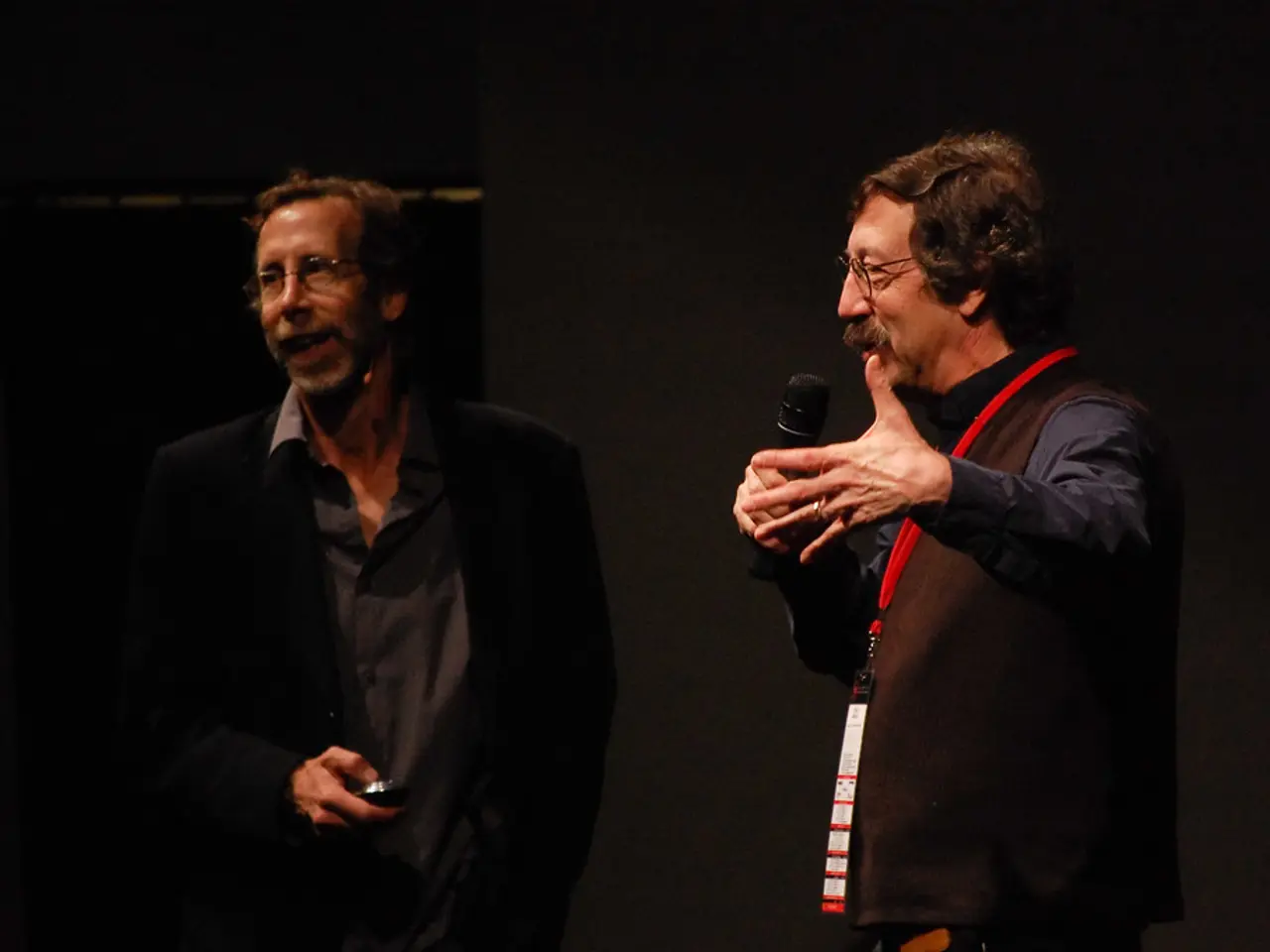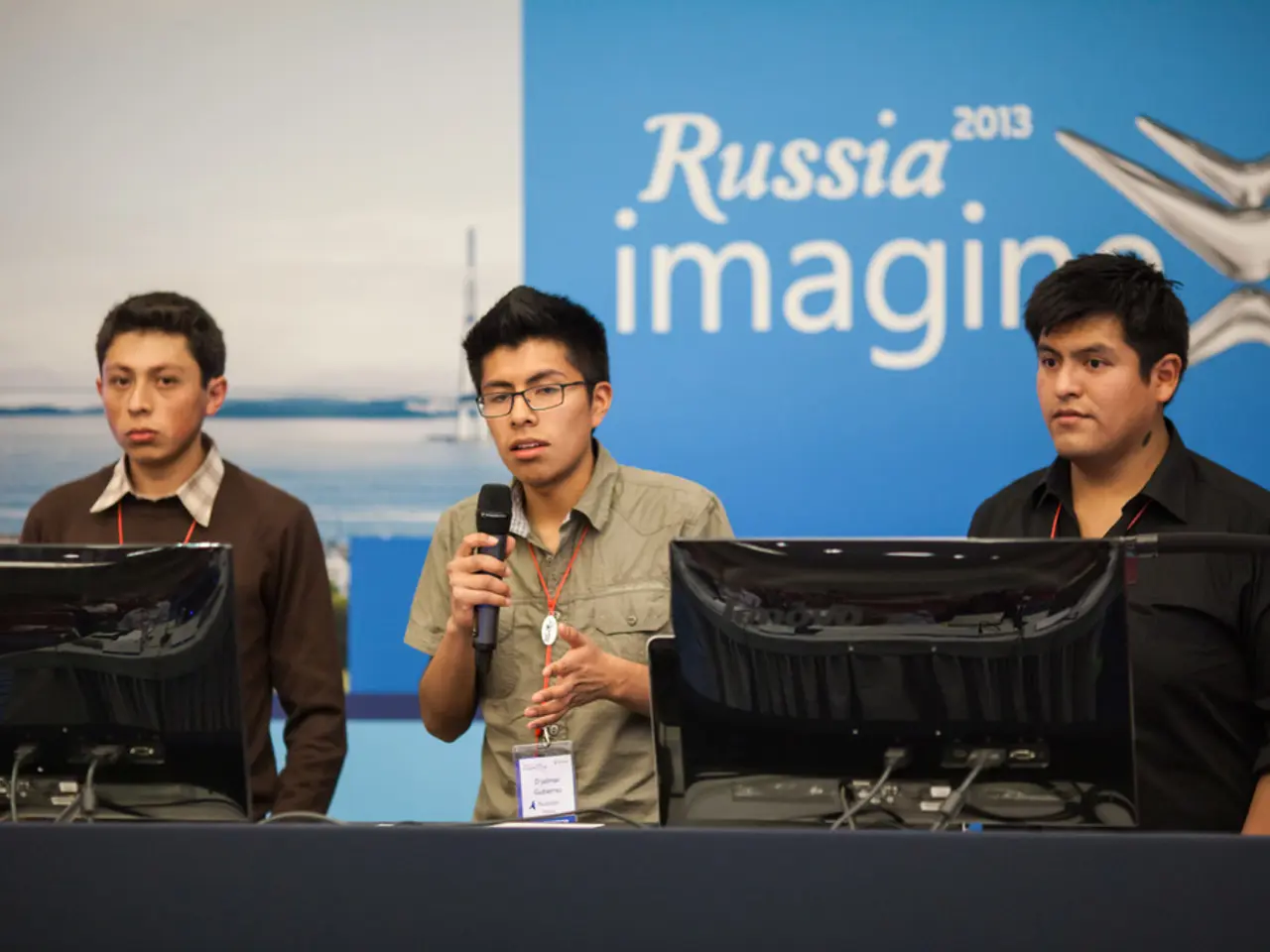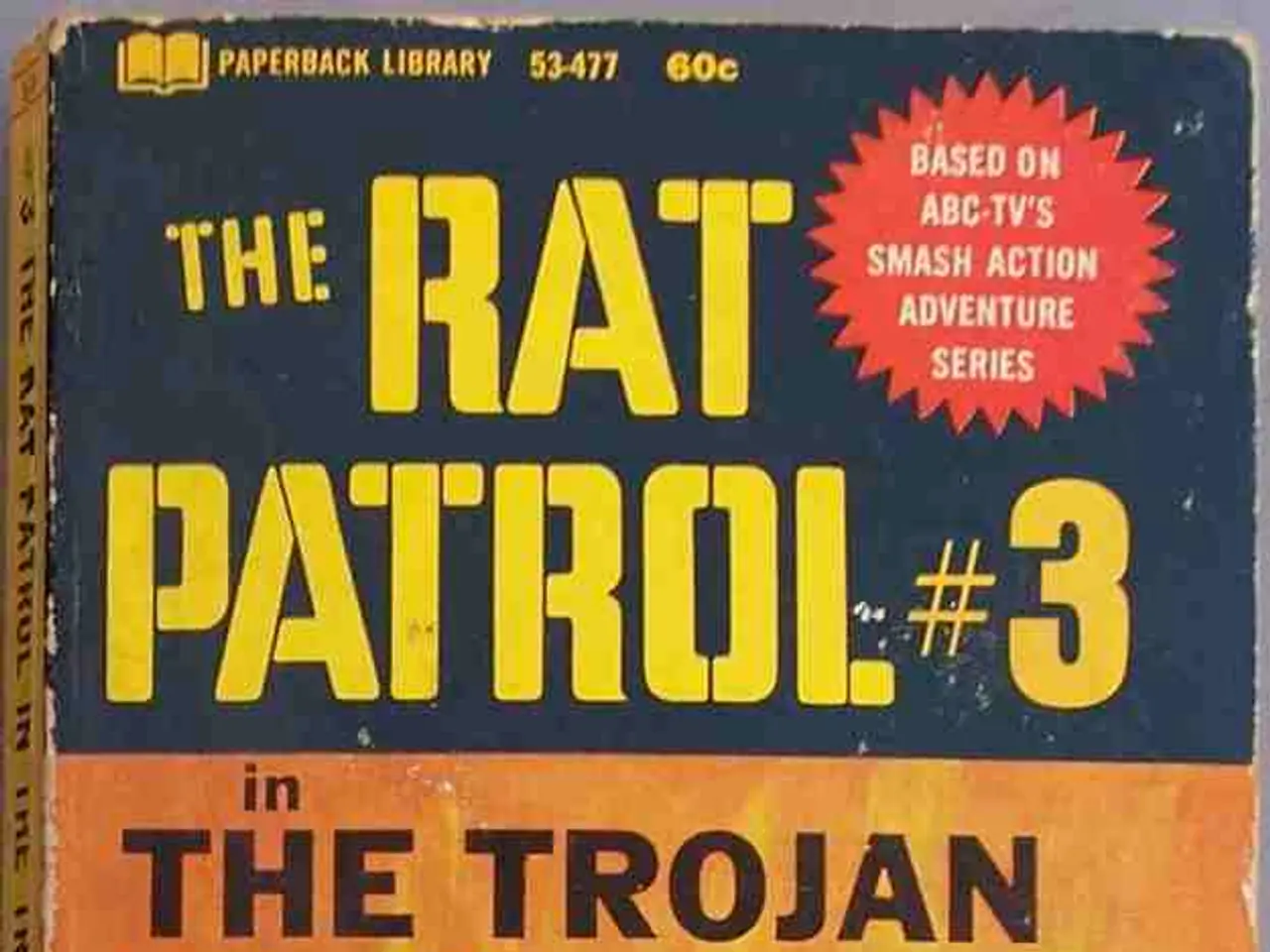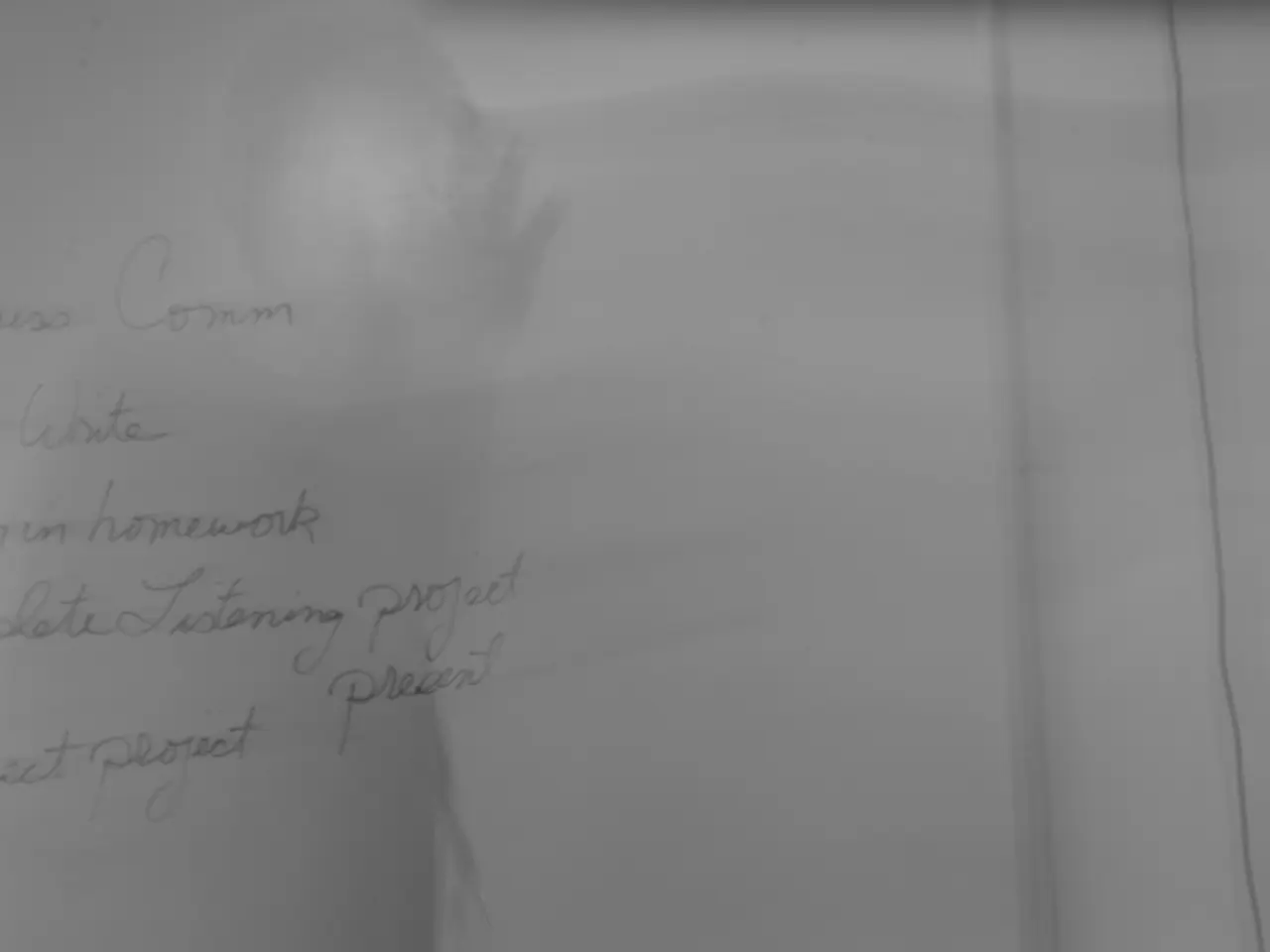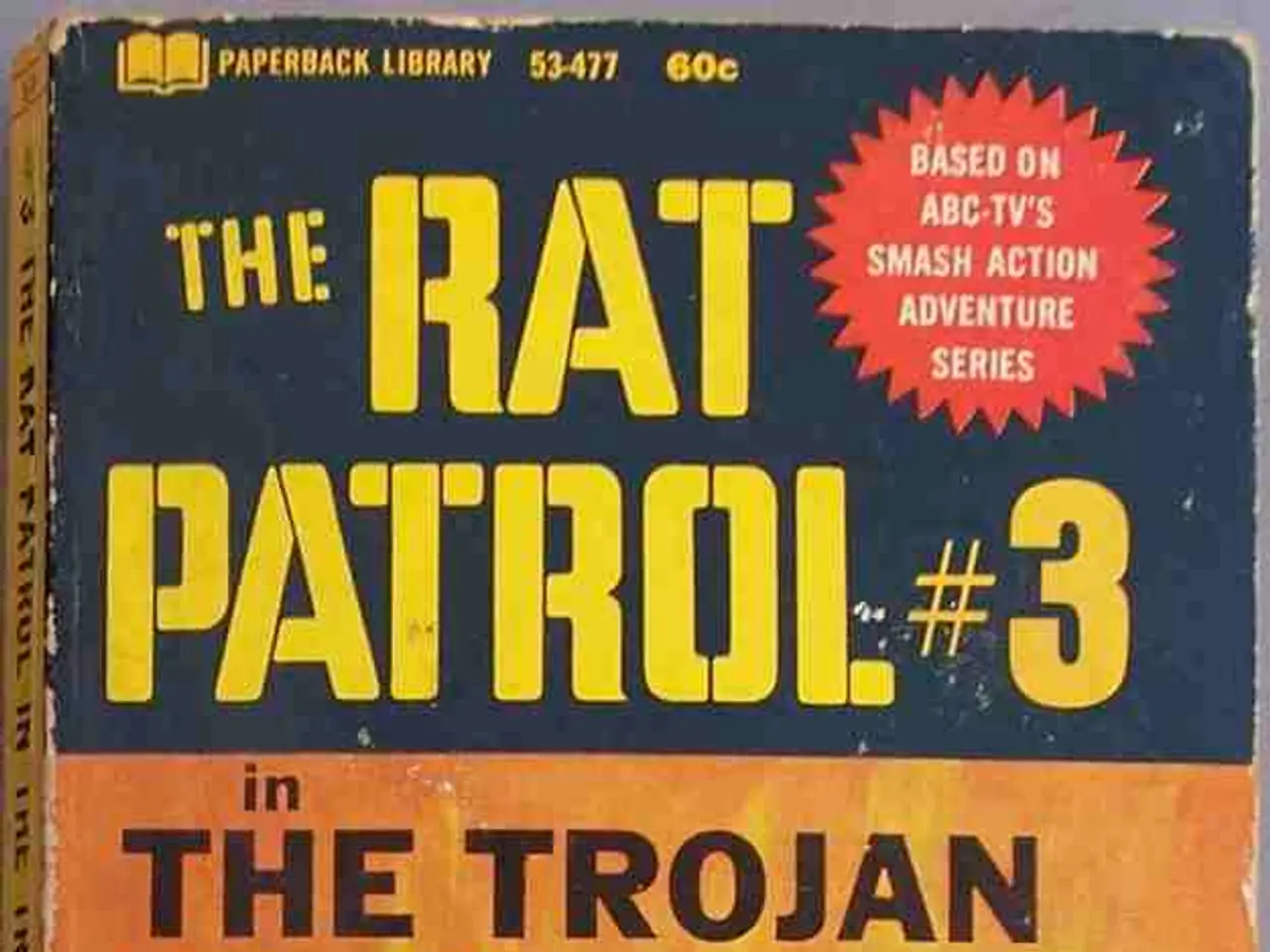BJP Leader's Comment on Religion and Language Sparks Debate Amidst Slapgate Controversy
In the vibrant state of Maharashtra, the political landscape is undergoing a significant change, with the focus shifting towards language and regional identity politics. The recent **reunion of the Thackeray cousins, Uddhav Thackeray and Raj Thackeray, after two decades of estrangement** has sparked a renewed assertion of Marathi identity and pride, challenging the dominance of the Bharatiya Janata Party (BJP) in the state.
This alliance, publicly framed around the cause of "Marathi bhasha" (Marathi language) and "Marathi manoos" (Marathi people), reflects a renewed assertion of Marathi identity and pride in the state's politics. Both leaders emphasized the need to unite Marathi-speaking people politically to challenge the dominance of the BJP, which currently holds the largest share of power in Maharashtra.
The language controversy centers on resistance to the state's rollback of the *three-language policy*, which had been a contentious issue. The rollback was opposed by Marathi political leaders who view it as a dilution of the Marathi language's prominence in education and administration. This development has revived mobilization around the Marathi language issue reminiscent of past struggles post-independence but with greater political significance due to the rising prominence of the Thackeray alliance.
The BJP, while remaining dominant, faces the challenge of this united Marathi front. The party acknowledges the split between the Thackeray factions but also tries to exploit internal divisions between Uddhav and Raj Thackeray. The Congress, despite being far behind in vote share and political influence in Maharashtra, remains a potential beneficiary should anti-BJP votes consolidate under the Thackeray umbrella.
Historically, Marathi-centric parties like Shiv Sena started as champions of Marathi pride but had declined in pan-Maharashtra appeal by focusing heavily on Hindutva politics. This renewed alliance attempts to revive the Marathi language and identity politics in a more united and focused manner, potentially marking a shift back to regionalist politics in the state.
However, the language controversy has not been without controversy. Instances of pro-Marathi groups, including the Maharashtra Navnirman Sena (MNS), being accused of assaulting and threatening non-Marathi speakers have raised concerns about the potential for hate speech and violence.
Senior BJP leader, Mr. Shelar, has accused Uddhav Thackeray of shifting alliances solely for the purpose of gaining power. He has also compared the violence against non-Marathi speaking migrants in Maharashtra to the Pahalgam terror attack, drawing parallels between the two. However, Mr. Shelar has assured that the BJP will protect both Marathis and Hindus.
In a recent incident, MNS workers slapped a shopkeeper in Mumbai after his employee spoke to them in Hindi, highlighting the tensions that exist in the state. Uddhav Thackeray has stated that if a Marathi person is seeking justice, they are being labeled as "goons." Raj Thackeray has warned that trying to touch Maharashtra will result in seeing what happens, replicating his uncle's aggressive approach to protect the Marathi identity.
The government's decision to roll back the three-language policy ended a two-decade estrangement between the Thackeray cousins. The current political situation in Maharashtra is marked by significant developments surrounding language and regional identity politics, particularly focusing on the Marathi language and the Marathi-speaking population. The upcoming municipal and civic elections will serve as a major test for the BJP, as they face a united Marathi front aiming to consolidate Marathi votes.
- The current political landscape in Maharashtra, specifically the focus on policy-and-legislation regarding the three-language policy, has transformed significantly, becoming intertwined with the general-news of Marathi identity and regional politics.
- Crime-and-justice concerns have risen in Maharashtra with the revival of the Marathi language controversy, as incidents such as assaults and threats against non-Marathi speakers have sparked debates about the possibility of hate speech and violence.
